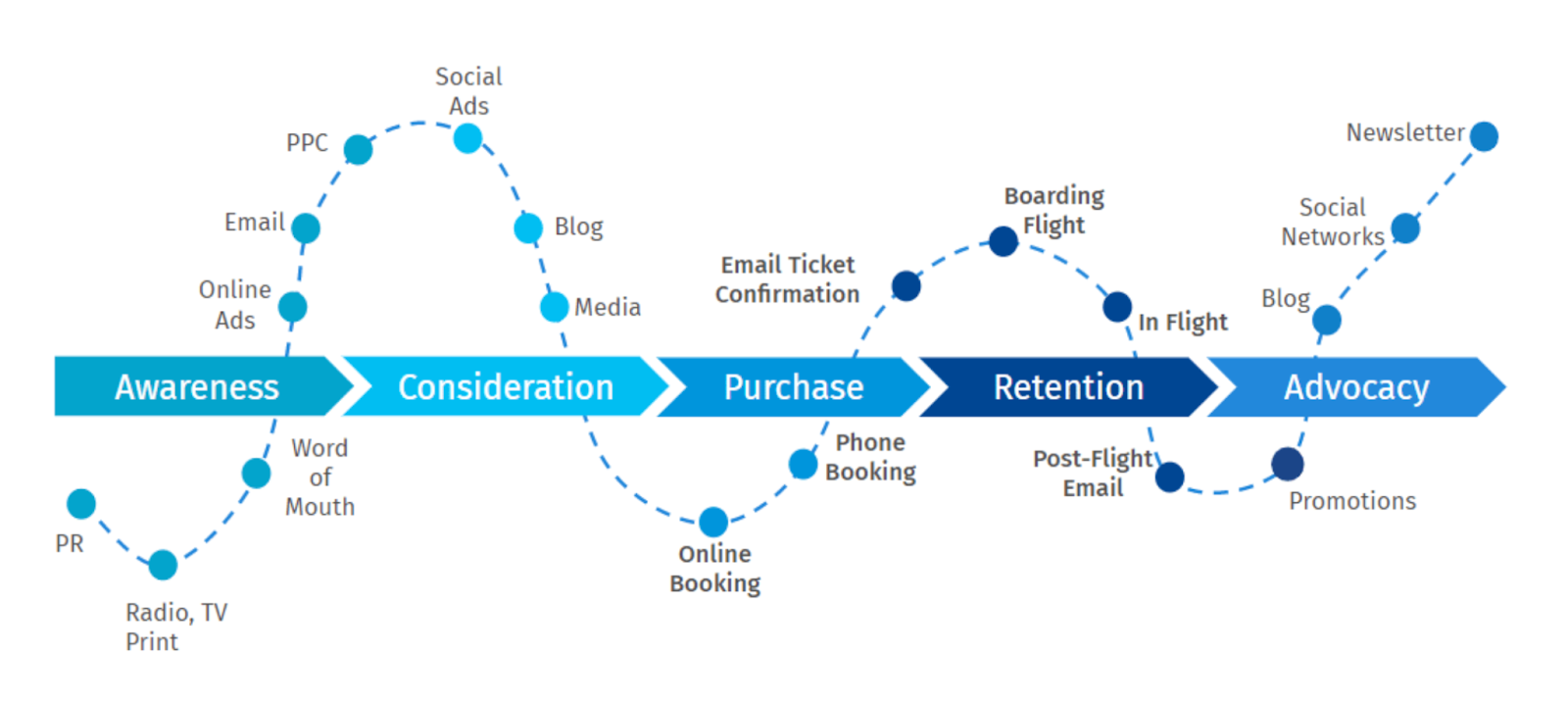Introduction to Real Estate
Real estate is more than just buildings and land. It represents one of the oldest and most trusted forms of investment, a key part of wealth generation, and a necessity in everyone’s life. Whether it’s buying your first home, investing in rental property, or developing commercial buildings, real estate plays a vital role in shaping economies and personal financial growth.
This blog will guide you through what real estate really is, its types, how it works, and why it continues to be one of the most powerful investment tools in the world.
What is Real Estate?
Real estate refers to land and anything permanently attached to it, such as houses, buildings, trees, or even natural resources like water and minerals. Real estate can be used for residential, commercial, industrial, or agricultural purposes.
Real Estate vs. Real Property
-
Real Estate: The physical land and structures on it.
-
Real Property: The interests, benefits, and rights that come with owning real estate.
Types of Real Estate
There are four main categories of real estate:
1. Residential Real Estate
This includes properties used for living purposes such as:
-
Single-family homes
-
Apartments
-
Condominiums (Condos)
-
Duplexes
-
Villas and townhouses
2. Commercial Real Estate
Properties used for business purposes:
-
Office buildings
-
Shopping malls
-
Hotels
-
Restaurants
-
Warehouses (if rented commercially)
3. Industrial Real Estate
Used for manufacturing, production, distribution, and storage:
-
Factories
-
Plants
-
Distribution centers
4. Land
This includes:
-
Undeveloped property
-
Agricultural land
-
Farms
-
Ranches
How the Real Estate Industry Works
The real estate industry involves various professionals, including:
-
Real estate agents
-
Brokers
-
Appraisers
-
Property managers
-
Developers
-
Investors
Each plays a specific role in buying, selling, managing, and developing real estate. Transactions usually involve listing properties, marketing them, negotiating prices, conducting inspections, and completing legal documentation.
Real Estate as an Investment
Investing in real estate is considered one of the most secure and profitable ways to build wealth over time.
Why Invest in Real Estate?
-
Tangible asset: Unlike stocks, you can physically see and use real estate.
-
Appreciation: Property values typically increase over time.
-
Passive income: Rental properties provide monthly cash flow.
-
Tax benefits: Real estate investors enjoy deductions on mortgage interest, property tax, and depreciation.
-
Leverage: You can use borrowed money to invest.
Ways to Invest in Real Estate
-
Buying Rental Property
-
Purchase residential or commercial property to rent out.
-
Provides steady income and long-term appreciation.
-
-
Flipping Houses
-
Buy undervalued properties, renovate, and sell for a profit.
-
Requires good knowledge of the market and construction.
-
-
Real Estate Investment Trusts (REITs)
-
A REIT is a company that owns income-generating real estate.
-
Investors can buy shares of REITs like stocks.
-
-
Crowdfunding Platforms
-
Invest in large real estate projects with minimal capital through online platforms.
-
-
Land Investment
-
Purchase undeveloped land with potential for future development or resale.
-
Risks Involved in Real Estate
Although it’s a strong investment, real estate does carry some risks:
-
Market Fluctuations: Property values can decline.
-
Maintenance Costs: Ongoing repairs and upkeep.
-
Liquidity: Not as easy to sell quickly compared to stocks.
-
Tenants: Rental property comes with the risk of bad tenants or vacant months.
Mitigating these risks involves smart purchasing decisions, thorough research, and financial planning.
Steps to Buying Real Estate
If you're a first-time buyer, here’s a simplified roadmap:
-
Assess Your Finances
-
Understand your budget, credit score, and savings for down payment.
-
-
Get Pre-Approved for a Mortgage
-
Know how much you can borrow from a lender.
-
-
Hire a Real Estate Agent
-
A knowledgeable agent can guide you through the process.
-
-
Start Property Search
-
Look for properties that match your needs and financial capacity.
-
-
Make an Offer
-
Submit a formal offer through your agent.
-
-
Get a Home Inspection
-
Check for any repairs or hidden problems.
-
-
Close the Deal
-
Sign contracts, transfer ownership, and get your keys!
-
Real Estate Market Trends (2025)
Here are some current trends shaping the real estate industry:
1. Smart Homes & Technology
-
Integration of AI, smart security, lighting, and climate control.
-
Increased demand for tech-enabled homes.
2. Sustainable Living
-
Eco-friendly buildings and green certification are becoming essential.
3. Remote Work Impact
-
Demand for home offices and suburban properties is rising.
4. Real Estate in the Metaverse
-
Virtual real estate is becoming a new trend, especially in the tech space.
5. Short-Term Rentals
-
Platforms like Airbnb have changed the game for investment properties.
Tips for Real Estate Investors
-
Research the market before buying.
-
Always calculate ROI before purchasing investment property.
-
Diversify your portfolio to reduce risk.
-
Work with a reliable real estate agent or consultant.
-
Keep an eye on government policies and interest rates.
-
Never underestimate the power of location.
Benefits of Hiring a Real Estate Agent
-
Access to MLS listings
-
Negotiation expertise
-
Legal and paperwork handling
-
Professional networking
-
Saves time and effort
Whether buying, selling, or investing, an agent can be an invaluable resource.
Conclusion
Real estate is not just about land and buildings; it's about opportunities. It offers security, growth, and financial freedom when approached wisely. Whether you’re looking to own a home or expand your investment portfolio, understanding the basics of real estate is your first step toward making informed decisions.
Start small, learn continuously, and don’t be afraid to seek professional advice. The real estate world is vast, but with the right mindset and strategy, anyone can find success in it.
Want to read more on real estate tips, property listings, or investment guides? Stay tuned to our blog for expert insights, market updates, and beginner-friendly advice!








